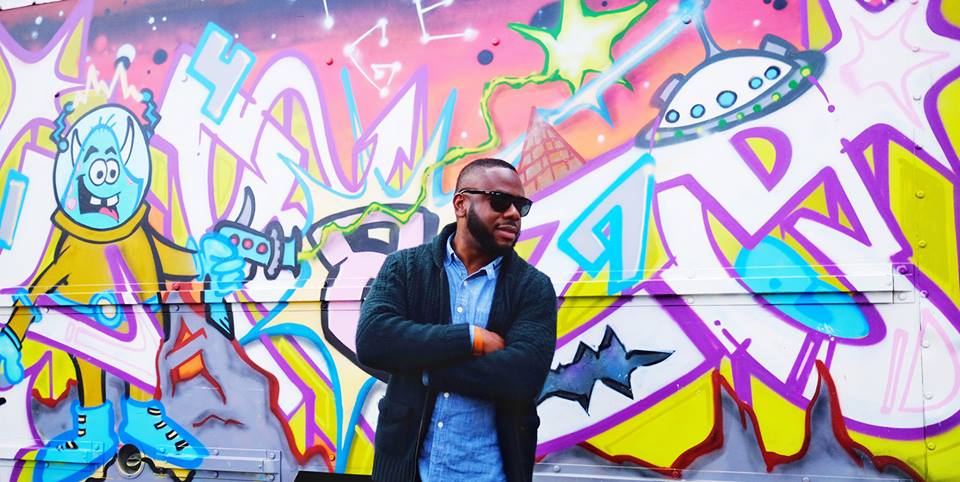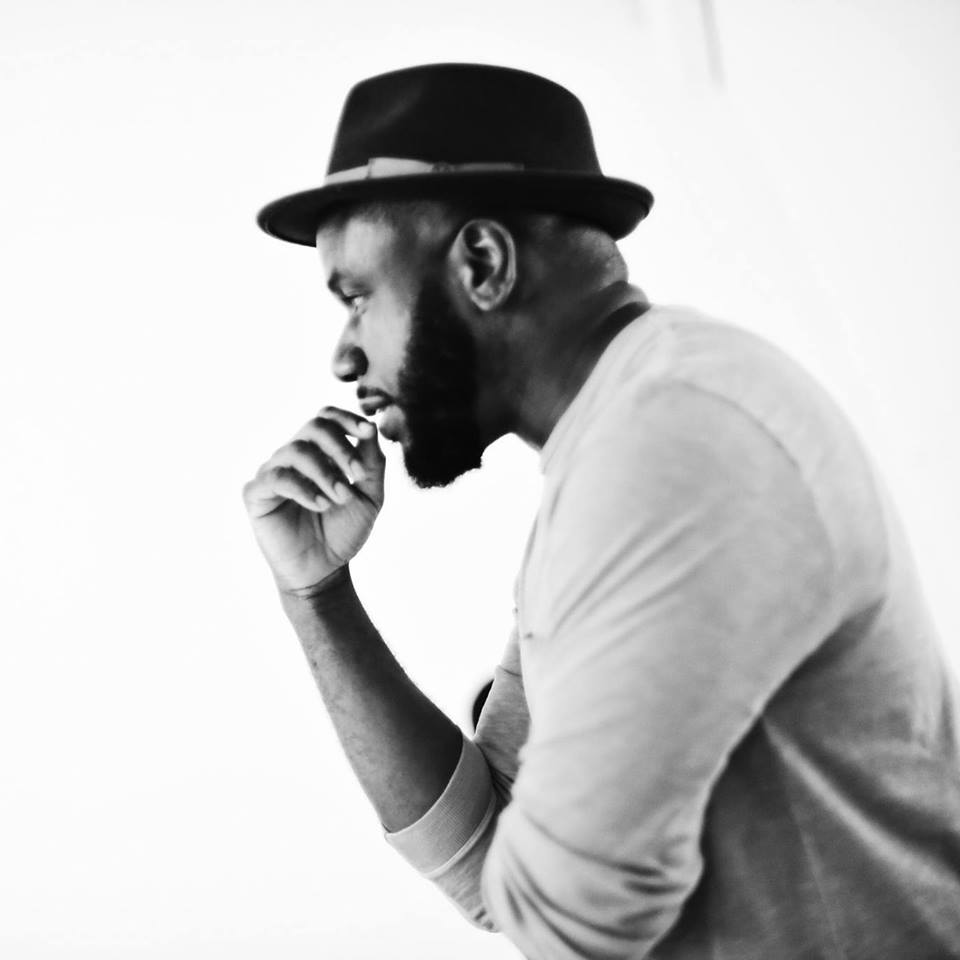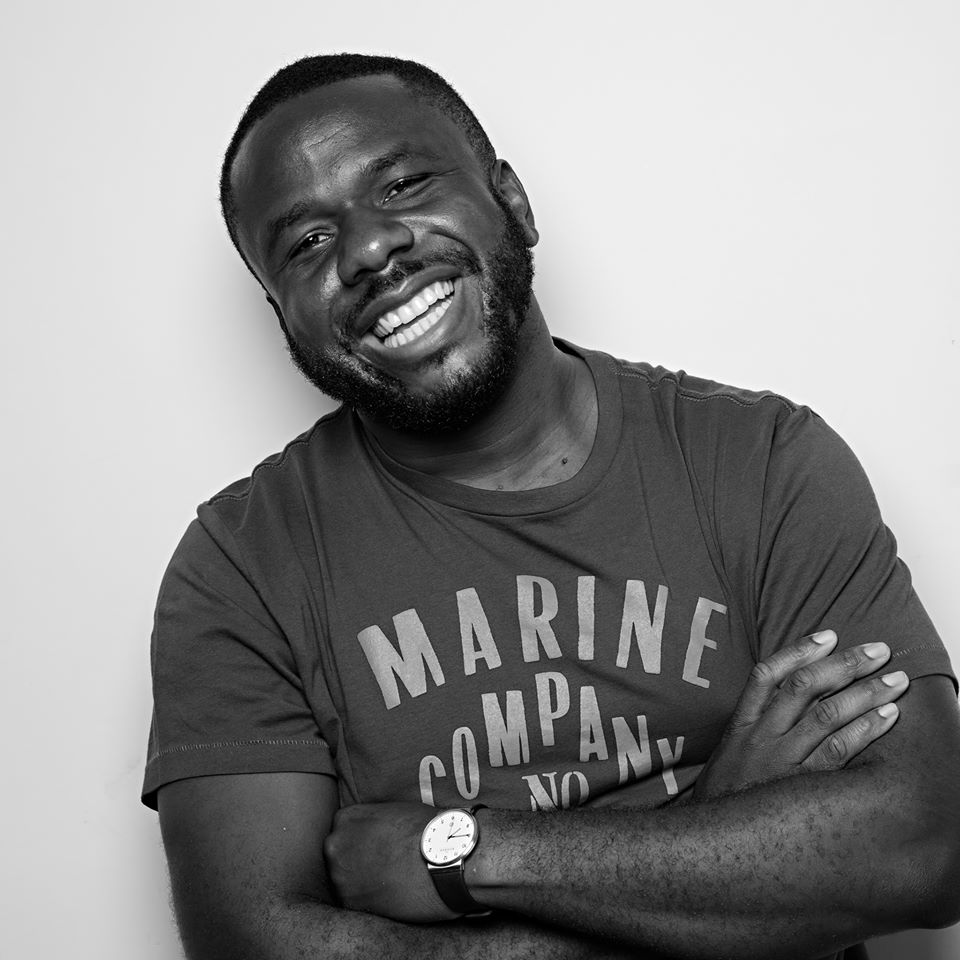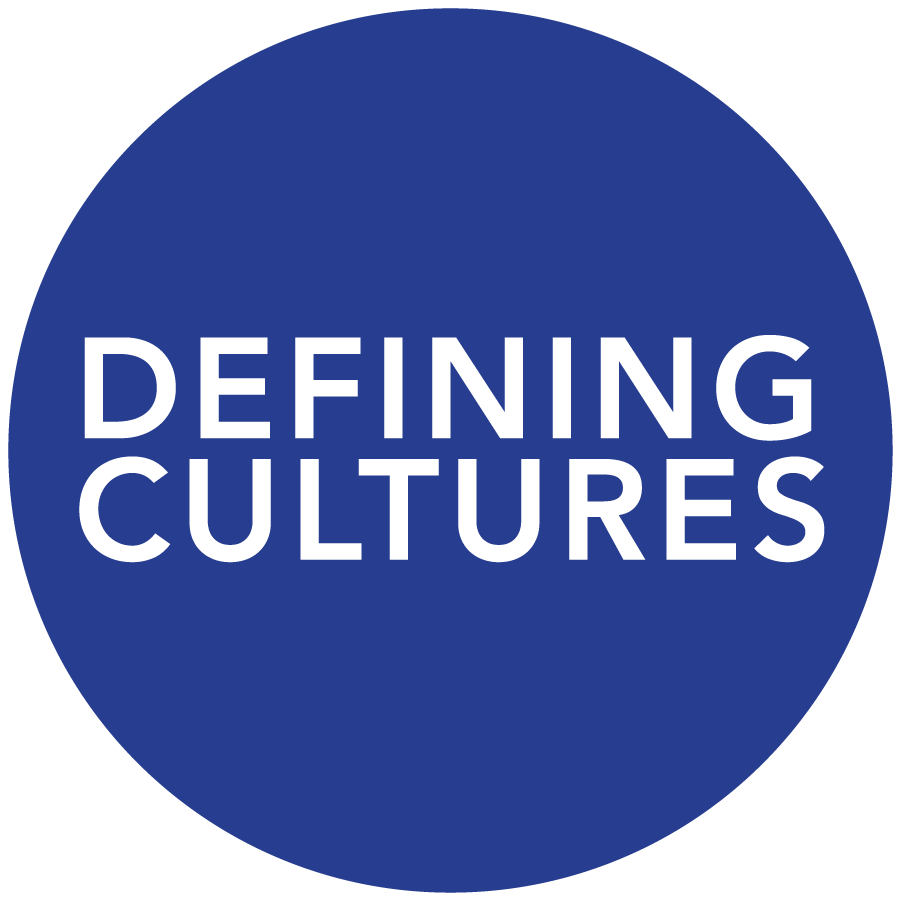
The Caribbean is home to many countries including The Bahamas, Barbados, Grenada, Haiti, Jamaica, St. Kitts, St. Lucia, and Trinidad & Tobago. But there’s one that’s unique in its geographical position: Guyana.
Sitting on the northern mainland of South America, Guyana boasts an identity that mirrors the island countries north. Politics, culture, and history authorize the tie.
Georgetown is its capital, and the birthplace of Kirth Bobb – a Washington, D.C.-based wedding photographer that also travels across borders to capture the most special moments.
Guyana will always be home for him. And since the age of 13, so will the United States.
One of two children from his mom and dad, Kirth’s upbringing was considered customary.
Raised by his grandmother and aunt, Kirth reminisces of a strict household where the matriarch and his mother were both teachers. On a Guyanese level, they were considered middle class. And in terms of friendship, Kirth’s circle resembled the country’s diverse population – aboriginals, Chinese, Portuguese, White, East Indian and people of mixed race.
“My mom migrated to the U.S. when I was 7…That’s not uncommon when a parent leaves. They provide financial support obviously, but as far as everything goes, she entrusted us with our grandmother.” At the time, “us” was Kirth and his older sister.
It was never perceived that his mom up and left. She was the primary financier for the family and frequently visited Guyana from Maryland. So to no surprise, when her children came to join her on U.S. soil, it was a smooth transition family-wise.
But for school, not so much. After leaving St. Joseph, one of the highest-ranking high schools in Georgetown, Kirth arrived in the American public school system. They pushed him back to 10th grade, but nonetheless, he was younger and ahead of his new peers.
“When I arrived at 13, I was actually slated to be in the 11th grade. I think I had a slight advantage having my grandmother as an educator. School and study were important to us.”

Culture shock
DuVal High School, in Prince George’s County Maryland, was his neighborhood school.
Situated in a county, which The Washington Post describes as being one of the richest African-American majority counties in the U.S., Kirth's initial thoughts were: “I don’t have to go far away to assimilate because I’m Black. I’ll be accepted…WRONG!”
Kirth wasn’t the most stylish kid and he didn’t have much compared to all the other kids. Plus, he had an accent. So imagine, jokes, upon jokes, upon jokes.
But don’t get it twisted. He had great comebacks! “The guys hated my accent and the girls loved it. I remember I used to tell the guys, ‘You make fun of my accent…like I don’t say the word ‘three’, I say ‘tree’…but your girl loves it, and so does your sister!’ [laughter]”
Because Black-Americans were less welcoming, he had zero American friends. Instead, Kirth found solace with other foreigners from The Caribbean and Africa. “We bonded around soccer because that was the only sport available to us that we were familiar with.”
Cultural identity
Surprisingly, Kirth was more focused on finishing school then being internally consumed by an identity crisis.
“I was just going through the motions and trying to be an A/B student. Grab a couple scholarships, finish college, do an engineering program, which I ended up doing, and getting a job.”
Enshrined by other foreigners, Kirth avoided the “fitting-in” drama that many teens deal with.
The college process
As an immigrant who didn’t school here, Kirth’s mother didn’t really understand the application process. “A lot of navigating and figuring out what FAFSA was, my sister and I had to do it on our own, with the help of college advisors in high school and teachers who were kind enough to show us things.”
After one year at the University of Maryland Eastern Shore, Kirth transferred closer to home to attend Bowie State University in Bowie, Maryland.
Familiar faces from high school became his immediate circle in college. And of course Nigerians were a part of the mix.
(I just had to add this in here and let y’all know how we roll. LOL)
“In college, I discovered Nigerians and fell in love with them. The Naija ladies used to feed me, and that was good! I always had food! [laughter]”
In 2005, Kirth graduated from Bowie State with a Bachelor of Science in Computer Technology, with a focus in network engineering.

But where does photography come in though?
Back in high school, “I had a really cool teacher and she encouraged me to explore art as…not even a career because my mother wasn’t having that [laughter]…but just as an interest. I really enjoyed it.”
Kirth saved his artwork up until he moved into his very first apartment and threw everything out. “I didn’t see that as something sentimental to keep. I wish I never did.”
Fast forward to graduate school at the University of Maryland University College, where he was furthering his computer skills in information assurance, Kirth was also working for a UK-based startup. The recession hit and the company went under.
At 25, Kirth lost his job, but found a way to purchase a camera in time for his sister’s wedding. He was simply the brother of the bride, and a guest who was looking to revive his joy for the arts.
Wedding photography
After years of taking pictures of random things, Kirth finally found a genre that he liked – weddings.
“I reached out to a [wedding] photographer in the area, Dotun Ayodeji. He was kind enough to really help me out and show me a lot of things.”
Kirth assisted Dotun during several shoots, and eventually started getting his own leads. The rest is history.
Six years in, Kirth has paved his own way into a niche that has treated him well thus far.
“The best part is being commissioned. Then the next best part is having satisfied clients – being there, present, and sharing in these moments and special times with them. But nothing trumps photographing my family.”
His advice to someone who may be struggling with their cultural identity:
“Embrace your culture, but also explore and embrace American culture wherever it is that you are.
It’s easy for some foreigners to say, ‘America doesn’t have a culture or the culture is bland.’ And I disagree because there are things about American culture as a whole that I find incredibly interesting and stimulating.
You can navigate society better by understanding the culture here.”
His advice to his 16-year-old-self:
“Understand American economics better; things like investing. Become a little more financially literate.
…I think America gives you a lot of opportunities to do other things than save. You can invest, own businesses. That’s why we come here because of all these vast opportunities...”
• • •
- Images courtesy of Kirth Bobb
- To check out Kirth’s photography and services offered, visit: Kirth Bobb Photography or follow him on Instagram: @kirthb
